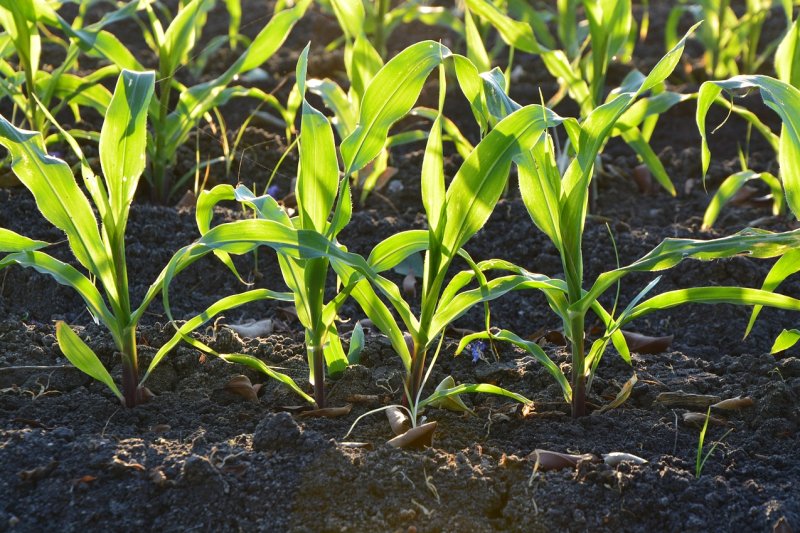Adding rocks to soil can boost crop health and help capture CO2, scientists say. Photo by Pexels/Pixabay
Feb. 19 (UPI) -- Just add rocks. In a recent study, scientists at the University of Sheffield showed the addition of reactive silicate rocks to agricultural soil can boost crop production while limiting the amount of CO2 released into the atmosphere.
In addition to capturing CO2, the rocks also protected crops against pests and disease while improving the soil's structure and fertility. Researchers detailed the benefits of adding rocks to cropland soil in a new paper published this week in the journal Nature Plants.
"Human societies have long known that volcanic plains are fertile, ideal places for growing crops without adverse human health effects, but until now there has been little consideration for how adding further rocks to soils might capture carbon," David Beerling, director of Sheffield's Leverhulme Center for Climate Change Mitigation, said in a news release.
Silicate rocks, like basalt, are rocks left over from ancient volcanic eruptions. When introduced to cropland, they dissolve in the soil. The dissolution sets off a chemical reaction that helps capture and store CO2 in the soil. The reaction also releases nutrients that aid crop growth.
Unlike other CO2-capturing methods, rock additives don't require shifts in land use and an increase in water use. Plus, many farmers already regularly apply limestone to growing soil to reduce acidification.
"Our proposal is that changing the type of rock, and increasing the application rate, would do the same job as applying crushed limestone but help capture CO2 from the atmosphere, storing it in soils and eventually the oceans," said Stephen Long, a professor at the University of Illinois Champaign-Urbana.
To prevent catastrophic global warming, scientists say humans must find a variety of ways to both reduce CO2 emissions and pull more carbon dioxide from the atmosphere.
"Strategies for taking CO2 out of the atmosphere are now on the research agenda and we need realistic assessment of these strategies, what they might be able to deliver, and what the challenges are," said James Hansen from the Earth Institute at Columbia University.















